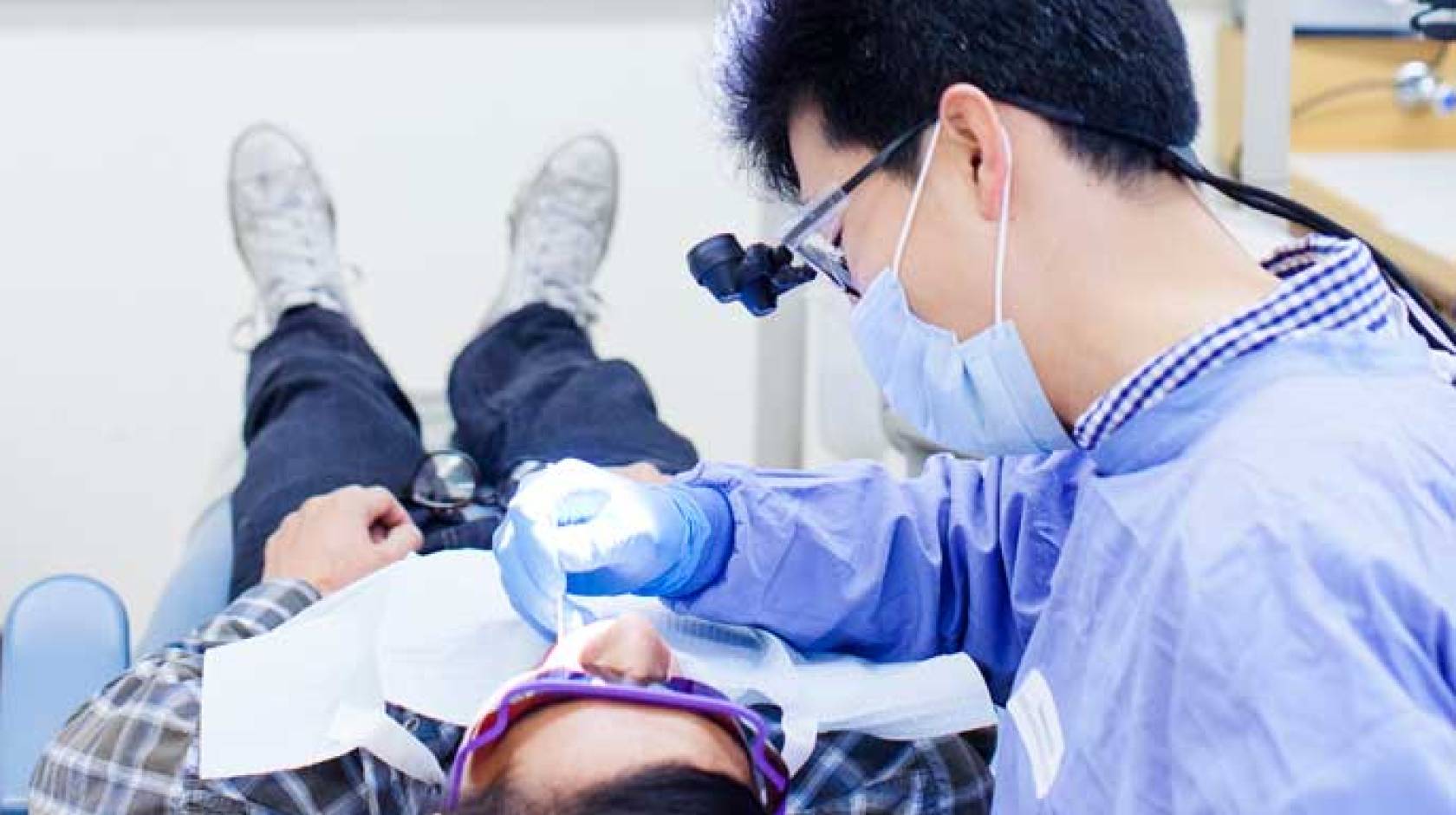Venetia Lai, UCLA

A lingering recession, the elimination of Medicaid dental reimbursements and a glut of established dentists in wealthier, populated areas may explain why more new dentists are practicing outside California, according to a new policy brief from the UCLA Center for Health Policy Research.
"Good access to dental care depends on having a robust supply of new dentists in California," said Nadereh Pourat, director of research at the center and lead author of the study. "We need a new generation of dentists to replace the many dentists who are close to retirement."
Grass looks greener across state line
While California still saw an increase in the number of dentists and had more licensed dentists — 35,000 plus — than any other state in 2012, the number of those licensed to practice in California who opted to reside or work out of state grew 6 percent between 2008 and 2012.
The migration is especially noticeable among new dentists. In 2012, 86 percent of those licensed within the previous five years practiced in the state — a 10 percent drop from 2008. In addition, new dentists in 2012 made up a smaller share of the state's overall supply. Of all regions, the San Joaquin Valley tallied the highest percentage of new dentists, who made up 15 percent of the local supply.
A noteworthy development: Analysis showed one group — women — made up almost half of all newly licensed dentists in California in 2012.
Older dentists nearing retirement, newer dentists more specialized
Age also may start affecting supply. Nearly one-quarter of actively licensed dentists in California have been practicing for 30 years or more and are close to retirement age. Northern and Sierra counties had the highest proportion of dentists nearing retirement, at 40 percent.
The report also suggests that it may become tougher for adults to get basic oral care than gum surgery, as more new dentists are specializing.
Overall, 13 percent of newly licensed and actively practicing dentists in the state identified themselves as specialists in 2012, a 6 percent bump since 2008.
Uneven supply
Patients in the San Joaquin Valley may have the highest share of newly licensed dentists in their area, but they still have the lowest ratio of dentists to patients in the state, with 2.4 dentists for every 5,000 people. In contrast, Greater Bay Area residents have the highest dentist-to-patient ratio — 5.1 per 5,000, beating the state average of 3.9.
"There is a lopsided distribution of dentists," Pourat said. "They cluster in areas like San Francisco and Southern California, but don't settle in rural and underserved areas. Many areas of the state don't have enough dentists."
The report says that although economic conditions in the state are likely to improve, it is critical to motivate new dentists to practice in underserved areas such as the San Joaquin Valley and the Northern and Sierra counties.
Options such as assistance with dental school loan repayment, small business loans, and higher Medicaid reimbursement rates to provide incentives should be further developed for better effectiveness, the authors note.

